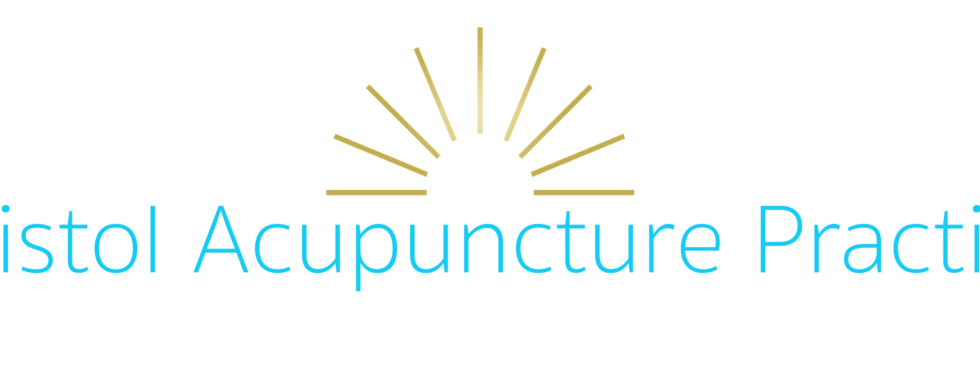Polycystic Ovary Syndrome (PCOS)
If you have a very long menstrual cycle, or are not having periods at all you may have Polycystic Ovary Syndrome (PCOS). One of the biggest problems for women with PCOS is finding it difficult to get pregnant. The good news is there are ways to help. There is good evidence to show that acupuncture and a change in diet can help.
What is Polycystic Ovary Syndrome (PCOS)?
Polycystic Ovary Syndrome is a hormonal problem. It effects approximately 1 in 10 women. PCOS is caused by a change in a woman’s levels of testosterone. All women have a small amount of testosterone, but women with Polycystic Ovary Syndrome produce more than usual, and this interferes with their reproductive cycle, so they don’t ovulate as normal.
Symptoms you may experience
– Irregular periods. This is usually missing periods or not having periods at all. Some women with PCOS get light periods.
– Fertility problems
– Excess Body or Facial Hair
– Acne
– Being over weight, especially round the middle
– Hair-loss from your head.
Insulin and Diet
PCOS upsets the balance of hormones in your body. The increase in the hormone testosterone disrupts the levels of other hormones in the body, the major one being insulin. Your body’s insulin helps control your blood sugar levels, so if you have PCOS you may have problems with their blood sugar levels. Some women with PCOS may develope ‘insulin resistance’. Symptoms of insulin resistance are :
-Foggy mind, difficulty in focusing
-Tiredness, especially after meals.
– bloating.
If PCOS is not treated there is an increased risk of developing diabetes later in life. On the positive side changing your diet can have a positive effect. It can help prevent PCOS turning into diabetes and even help a women with PCOS get pregnant.
We recommend a ‘low GM’ diet’ (low glycemic index diet) .
Acupuncture and PCOS
We treat everyone as an indivdual. We take into account your stress levels, digestion, energy levels and lifestyle. There is no such thing as a ‘one size fits all’ approach in acupuncture. We take a 360 degree approach. A woman who is overweight (especially round the middle), and feels the cold, would need a different treatment from a woman who has a wiry build and easily overheats.
Our aim for all women is to regulate your periods, help ovulation, and have a beneficial effect on your fertility.
Acupuncture Research
There is some very positive research into acupuncture and PCOS.
A review of the research on acupuncture and PCOS concluded that acupuncture is a safe and effective treatment for PCOS without the adverse effects of pharmacologic interventions. It may act by: increasing blood flow to the ovaries, reducing ovarian volume and the number of ovarian cysts, controlling hyperglycaemia, reducing cortisol levels and assisting in weight loss and anorexia. (Lim 2010) From British Acupuncture Council website.
Acupuncture and Polycystic Ovary Syndrome Research
The Science
Randomised controlled trials are the gold standard in scientific research. The research below is from the British Acupuncture Council, which only uses reputable sources:
– One trial found that acupuncture can improve the clinical pregnancy rate in patients with PCOS undergoing IVF-ET.(Cui 2011)
– Another found that abdominal acupuncture treatment can improve the endocrine and metabolic function of patients with obesity-type PCOS.(Lai 2010)
– A third found low-frequency electroacupuncture and physical exercise improved hyperandrogenism and menstrual frequency more effectively than no intervention in women with PCOS, and that it was superior to physical exercise. (Jedel 2011)
The trial below suggests that the effects of acupuncture are longer lasting than the effects of medication, and acupuncture treatment achieves better pregnancy rates:
– One hundred and twenty-one cases of PCOS were randomly divided into acupuncture and medication groups (domiphen and chorionic gonadotrophin). After treatment over 3 cycles, hormone levels and ultrasound examination were significantly improved in both groups. At the sixth cycle after treatment the patients in the medication group had returned to their baseline levels, while those in the acupuncture group stayed at the post-therapeutic level, with their menstruation and ovulation restored to a normal state. Moreover their pregnancy rates were significantly higher than those receiving medication (Chen et al)
Medication
We always recommend that you talk to your GP if you suspect that you have PCOS. There are a number of different medicines that you doctor or fertility specialist may prescibe. The most common is metformin, which is also precribed to people with diabetes.
Photo by Manchester-Monkey





